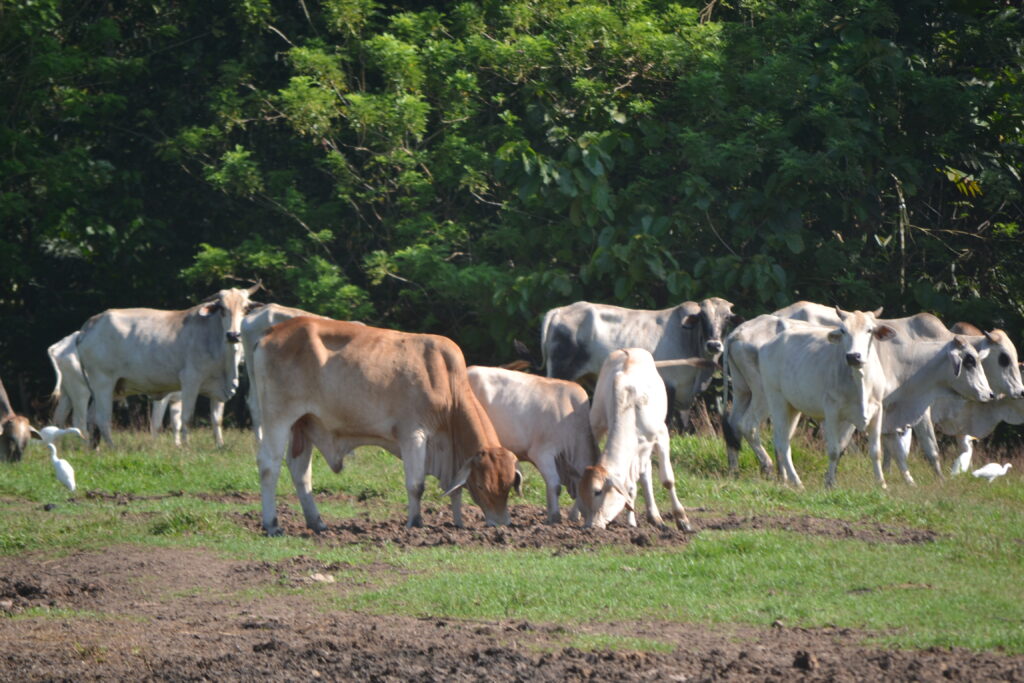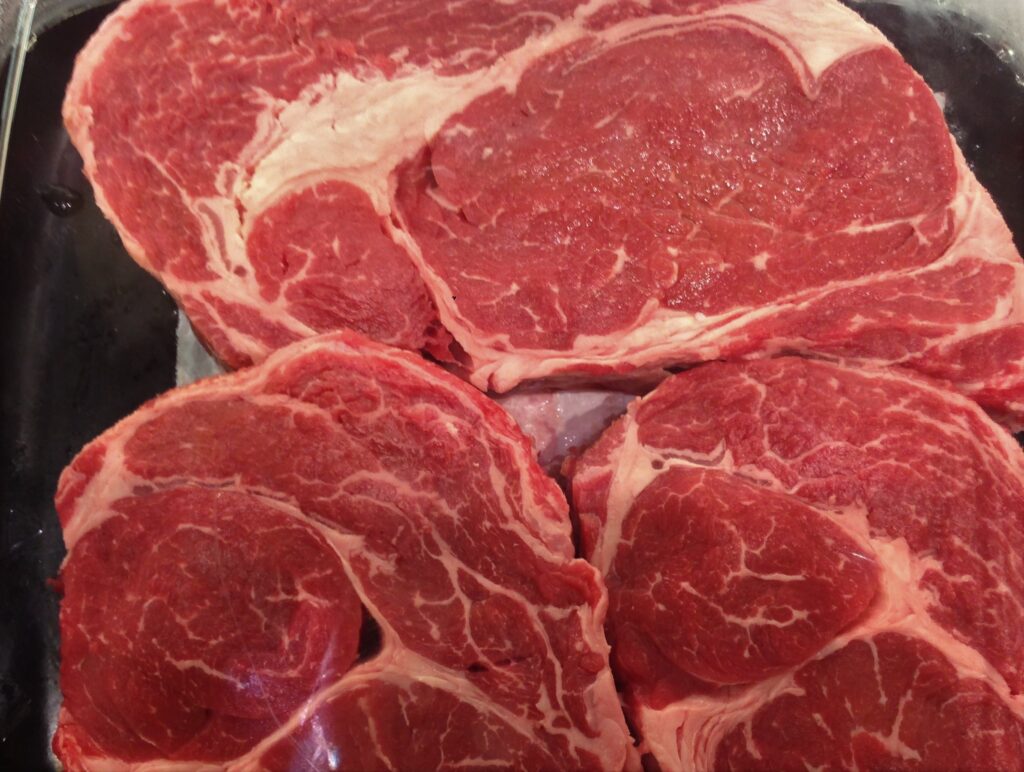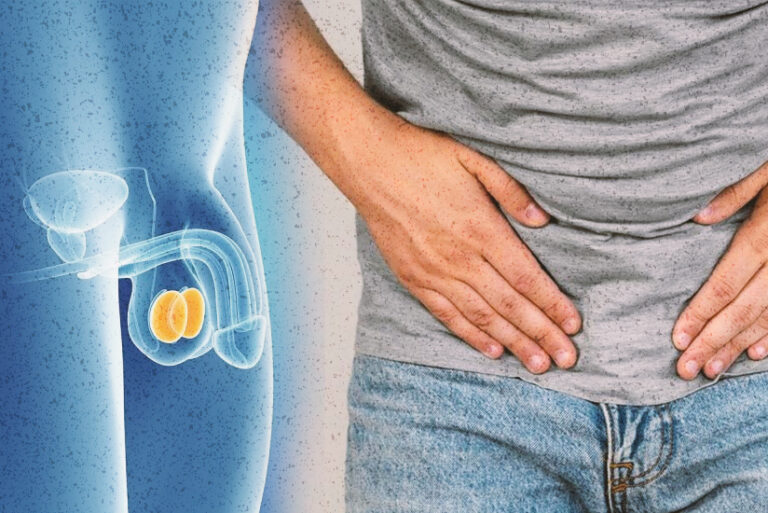Text and Photos by Henrylito D. Tacio
Urbanization and increasing incomes have changed the eating habits of people around the world. They are now demanding for more meat, according to a recent report released by the Washington, D.C.-based International Food Policy Research Institute.
But this increasing demand for meat is bad news for the environment. “Meat production puts immense pressure on earth’s ecosystems,” The World Counts points out. “And global meat consumption is increasing non-stop.”

Cattle growing, for instance, is one of the most resource-intensive and environmentally impactful foods to produce. “Beef production requires four times more land (and four times as much greenhouse gas emissions) than dairy for every unit of protein consumed,” said the global food policy report. “In addition, beef is seven times more resource-intensive than pork and poultry, and 20 times more than pulses.”
Damian Carrington, writing for The Guardian, agrees. “The popular red meat requires 28 times more land to produce than pork or chicken, 11 times more water and results in five times more climate-warming emissions.
So much so that environmentalists are suggesting eating less meat to cut carbon emissions than giving up their cars. Or, as Prof. Mark Sutton at the UK’s Centre for Ecology and Hydrology, puts it: “Avoiding excessive meat consumption, especially beef, is good for the environment.”
Good for your health
Eating less meat is not only good for the environment but to your health as well. “Our bodies are not designed to eat lots of meat,” wrote Dr. Willie T. Ong and his wife, Dr. Liza Ong, in their book, Doctor’s Health Tips and Home Remedies. “The meat we eat has to travel a long way through the intestines and tend to stay and stick to the intestinal wall for days. After being broken down by bacteria, these meat products will produce possibly cancer-causing substances, like ammonia, phenols, and amines.”
Recent evidence from large American and European cohort studies and from meta-analyses of epidemiological studies indicates that the long-term consumption of increasing amounts of red meat and particularly of processed meat is associated with an increased risk of total mortality, cardiovascular disease, colorectal cancer and type 2 diabetes, in both men and women.

Less cancer risks
Reduction of cancer risk – that’s one reason you should eat less meat. A study conducted by the US National Cancer Institute involving 500,000 individuals showed that those who consumed four ounces (113.398 grams) or more of red meat a day were 30% more likely to die within 10 years when compared to persons who ate less red meat.
“Meat is high in saturated fat and may cause colon, breast and prostate cancer,” says Dr. T. Colin Campbell, co-chairman of the World Cancer Research Fund. “In my view, no chemical carcinogen is nearly as important in causing human cancer as animal protein.”
Aside from beef and pork, experts say that sausages, hot dogs, luncheon meats and other processed meats also increase the risk for cancer.
Lower menace for heart disease and other health problems
Eating less meat also reduces heart disease and diabetes, according to the Ongs. Some studies have shown that people who eat less meat and more fish, nuts, fruits, and vegetables have a lower risk for heart disease and diabetes.

Another benefit: less degenerative disease like arthritis. A study published in the Journal of the Royal Society of Health shows that vegetarians develop degenerative diseases 10 years later when compared to meat eaters.
Less meat means less fat. In simpler terms, people who eat less meat are most likely don’t gain weight so much. A diet of mostly vegetables, grains, beans, and fruits has generally fewer calories when compared to a meat diet. These foods can also help lower one’s cholesterol levels.
Alternative sources
It’s eating less meat and stopping eating meat. People need to have protein, which is mostly taken from meats and some nuts and pulses. Generally, an adult needs 20% (between 10% to 35%) of his or her daily food intake to come from protein.
“Try meals without beef and pork,” Dr. Ong suggests. “From my personal experience, going meatless for a few days in a week can make you feel cleaner and healthier.”
Instead, Dr. Ong recommends fish, chicken, and turkey as alternative sources of protein. “They have less of the fat content found in red meats,” he explained, adding that when eating chicken, the skin should not be included. “If you like pork, try to remove the fat. However, it is harder to remove the beef fat, because the fat is marbled between the meat.”
Aside from meat, there are other great substitute sources of protein, such as tofu, mung beans, eggs, milk, and cheese. “Tofu is easy to add to your dishes, besides being healthy and affordable. Low-fat milk, skim milk, and cottage cheese have less fat, too,” Dr. Ong said.
Dr. Ong doesn’t recommend shunning meat completely from your diet. “A completely plant- based diet lacks vitamin D and vitamin B12,” he said. “They may also be deficient in iron. That is why some experts also believe that a little animal meat, perhaps twice a week, would be necessary to complete your nutrition needs.” – ###








